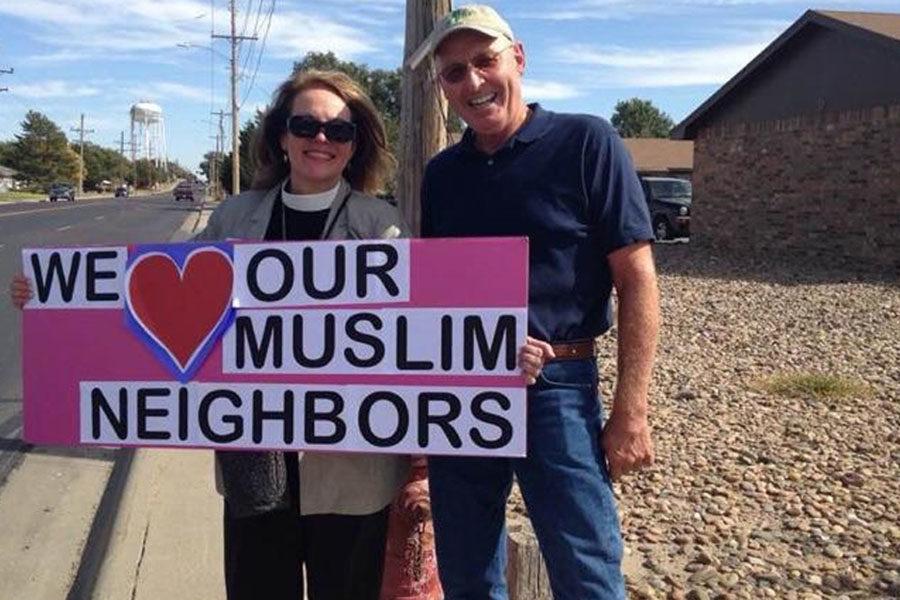Does Trump’s Ban Go Too Far?
February 23, 2017
You’re on your way home from a business trip, and you can’t wait to see your family, who you haven’t seen in months, but when you get to the airport you hear something about a ban on your country. You are confused and you look around and everyone seems very distressed. Then you find a security guard and find out that your country was one of 7 that was temporally banned in an executive order by Donald trump, and now you are stranded.
A news source in the UK called ‘The Guardian’ gives a little insight on what it feels like to be banned from your home and life. In an article about the travel ban by Spencer Ackerman, a reporter tells the story of a green card holder who is stranded in Syria, “One passenger stuck in the airport here is a Syrian green card holder who was denied boarding. Her family, her job, her whole life is in the US and when she asks us when we will allow her to go home, none of us know what to say. Unfortunately because she’s Syrian, it’s difficult for her to get a visa for Dubai and it’s difficult for her to go elsewhere.”
Donald Trump made an executive order to temporally ban citizens from seven countries with large Muslim populations. Although he didn’t explicitly say that it was because of a foreign threat, it’s safe to assume that there was a reason why he decided to make the order. He didn’t ban Egypt, Turkey, Saudi Arabia, Pakistan, the United Arab Emirates (UAE), Indonesia or Afghanistan although these citizens are as much of a threat as anyone from the banned countries.
Prominent figures have bashed Trump’s temporary ban on the seven Muslim-majority countries, and have accused him of not banning the other radical countries due to his business ties. Multiple different world leaders criticized Trump, including all of our European allies, as well as Australia, Canada, Pakistan.
The temporary ban was supposed to last 90 days. Trump also suspended the admission to all refugees for 120 days. This would mainly affect those fleeing from Syria, but his executive order was turned over.
According to the Washington Post, a federal judge in Seattle temporarily blocked the enforcement of President Trump’s travel ban on February 6, 2017. Several days’ later, two appeal court judges on the West Coast denied the restoration of the ban, but they asked to hear more arguments, which indicates they are considering it. It could go anyway, but a majority of our government seems to be against it.
Immigrants make America great, and hopefully the checks and balances of our government keep the U.S diverse and unique.


